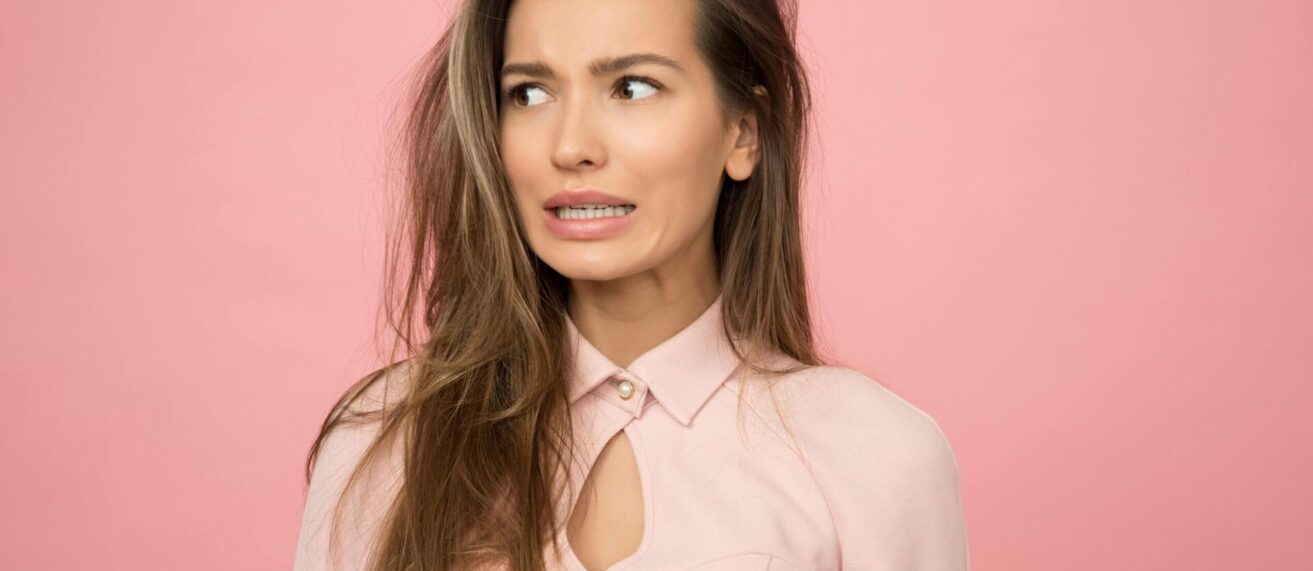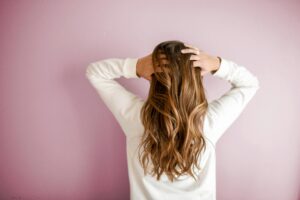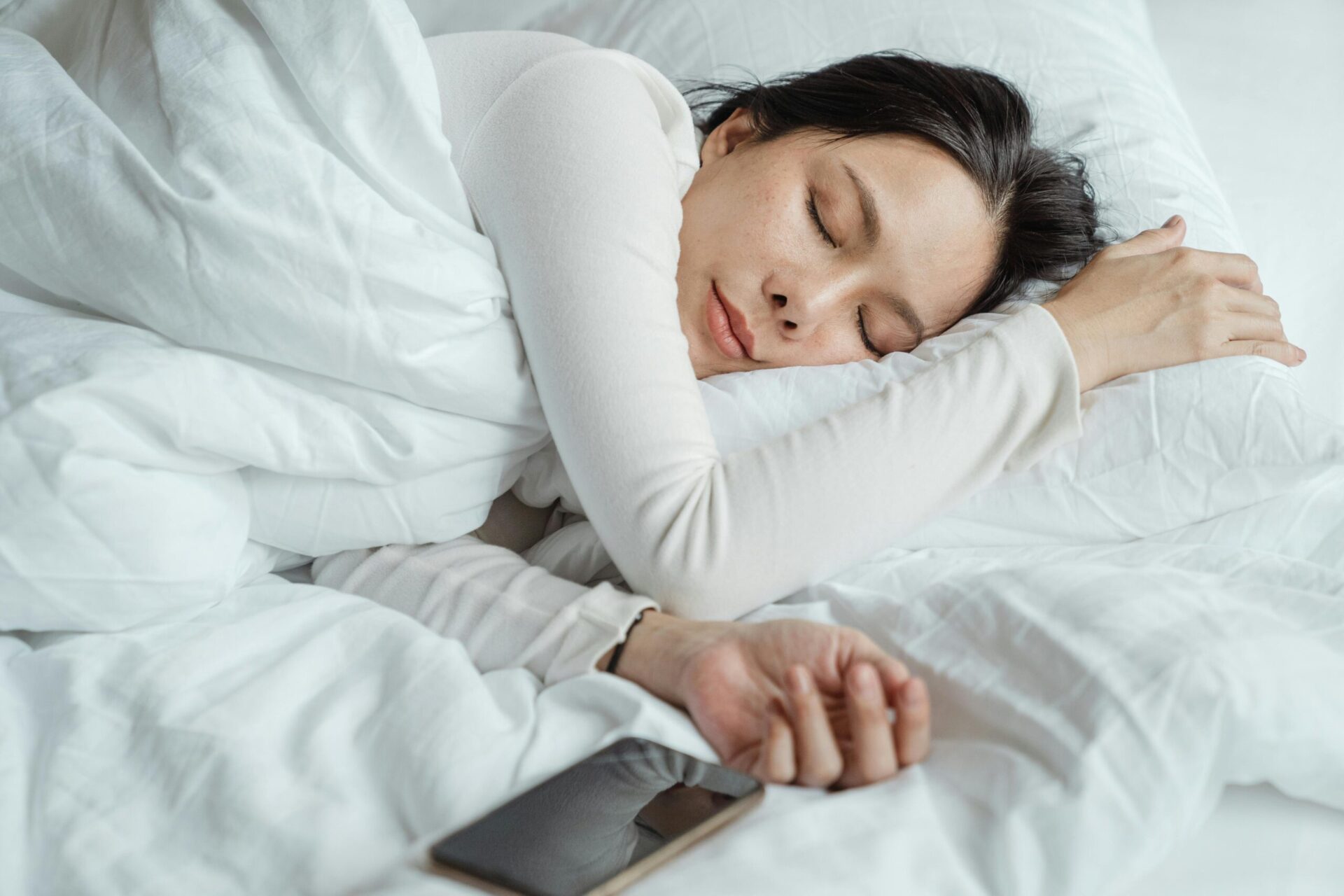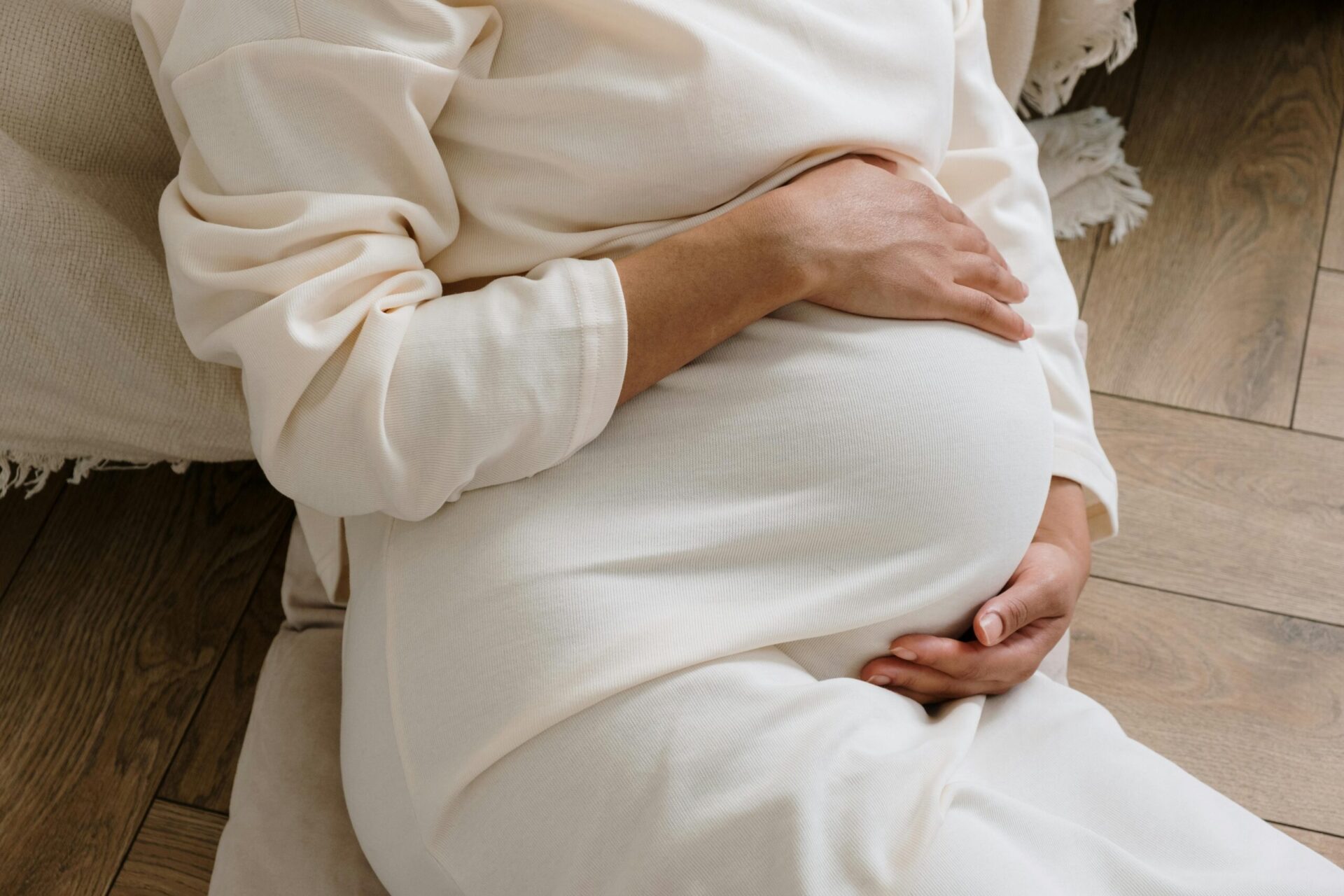
Nutrahara Blog
Nutrahara Blog
Sign Up For Our Wellness Newsletter!
How To Reduce Hair Loss
Hair Health: Hair Loss Causes, How To Reduce Hair Loss, And Treatment For Hair Loss
By employing the right hair care methods and adopting a balanced diet, the thousands of microscopic hairs on the head can stay fed and healthy. These techniques aid in preventing hair loss and thinning. Eating healthy prevents hair loss low iron and hair loss vitamin B12. Hair loss can be physiological or pathological, for women, it is mostly physiological, this explains why hair loss reasons for females is usually hair loss post-pregnancy, or hair loss 4 months postpartum.
Similar to skin welfare, the majority of individuals can obtain the necessary levels of vitamin B from diet alone, but taking a multivitamin regularly or B complex supplementation can aid in prevention of hair loss vitamin B12. Individuals typically don’t need to worry about taking excessive amounts of B vitamins because the human body releases what it doesn’t need because they are water-soluble (1).

Iron and protein remain both vital components of your diet that are most crucial. The body’s cells that make hair, which develop the fastest given that they are not necessary for living, are also among the first to be impacted by poor nutrition or deficiency.
Consider including foods high in iron in the diet, such as leafy greens, seafood, pumpkin seeds, legumes such as chickpeas and beans, soybeans, and grains. The daily iron intake should be approximately 12 milligrams, according to professionals to prevent hair loss low iron.
Protein is also necessary because it helps strengthen the shaft of the hair. Include full protein sources such as milk, cheese, dairy products, soy, lentils, peas, quinoa, and yogurt which are also high in amino acids.
Hair loss
There are many distinct manifestations of hair loss, including baldness and significantly receding hairlines. When a medical condition is appropriately handled, thn, hair loss can be a side effect that has to be managed and will go away on its own.
It’s crucial to make an appointment with a dermatologist if you notice balding or thinning hair to identify the root etiology of the problem and the best method to stop losing hair or stimulate growth.
Is hair loss normal? Yes, hair loss can be normal when it occurs physiologically. Normally about 50 to 100 strands of hair can be lost daily without noticing it.
However, hair loss can also be pathological, when it is secondary to a disease state. For example, cancer accounts for why hair loss in chemotherapy is popular these days, hair loss in iron deficiency anemia is also another pathological hair loss reason (5,6).
Hair loss can also occur based on gender reasons. Hair loss hereditary accounts for the highest cause of baldness hair loss seen in most men, and the low level of estrogen accounts for one of the hair loss reasons for females.
Additionally, hair loss post-pregnancy, that is, after childbirth is another common cause of hair loss in women of the reproductive age group.
Causes Of Hair Loss
The following are some of the general causes of hair loss as highlighted by professionals:
Family history
As much as there are quite several environmental causes of hair loss from various conditions and substances, hair loss hereditary accounts for the commonest cause of hair loss particularly in males, although not restricted to the male gender alone.
This is medically called androgenic alopecia and it is common with old age, having both male and female patterns of baldness. It is always gradual in onset with a predictable diagnosis. For women, it is characterized by thinning of hair around the scalp’s crown.
Hormonal changes
Hormonal changes especially in women during the puerperium, childbirth, postpartum, and menopause account for one of the hair loss reasons for females. This has been traced to low levels of estrogen occurring around this period.
Thyroid hormone level has also been associated with hair loss. For example, hypothyroidism, a condition in which there is a low level of thyroid hormone results in hair dryness, thinning, and hair loss.
Medical conditions
Certain medical conditions and infections also result in hair loss. For instance, alopecia areata is an immune disease that occurs when the immune cells of the body begin to attack the hair follicles. This results in hair loss which are described as being sudden in onset, with an initial area of overlapping bald patches.
Tinea infection affecting the scalp is another popular fungi infection that if poorly treated can affect the scalp badly and result in hair loss. Trichotillomania is another medical condition that also results in hair loss.
Medications and supplements
Side effects of some medications are not predictable most times till they start manifesting, and one of these unpredicted side effects is hair loss.
Although hair loss is common with certain medications such as chemotherapy, so many researchers have tried to give explanations as to why hair loss in chemotherapy happens, some explained it is a result of chemotherapy drugs targeting growing cells, rapidly growing ones, which in turn extend to attack the hair follicles causing the hairs to thin and fall off.
This is even worse when the treatment is targeted against head and neck cancer. However, it is not everyone receiving chemotherapy that will experience hair loss and it is not time bound to when it can start during chemotherapy treatment.
There are other medications reported to also cause hair loss, although not in most cases, and examples of such are antihypertensive medications, drugs used for gout, anti-depressants, and anti-arthritis medications (7).
Hairstyles and treatments
Having the wrong hairstyle is one of the silent and gradual causes of hair loss. Hairstyles that cause pulling of the hair so tight, especially at the edges will result in gradual loss of the hair.
Also, there are various hair treatment products available these days which are not scientifically proven to be suitable for the hair and scalp. Using too hot oils on the scalp can penetrate to affect the hair follicles which will cause the hair to fall off gradually. The latter, if not attended to in time, can result in permanent loss of hair.
Stress
Many people respond to stress by thinning hair and loss of hair, irrespective of if it is physical stress or emotional stress. This also is not gender-based, as stress also accounts for one of the hair loss reasons for females.
Ketogenic diet
Some people adopting the ketogenic diet exclude protein because they want to maintain ketosis, requiring a high ratio of fat to protein and carbs. A lack of protein in the diet may additionally result in hair loss.
Hair loss keto occurs as a result of low protein intake, which could have been the result of the human body trying to conserve and prioritize nutrients.
For strong and healthy hair, you require an assortment of essential nutrients. When following a ketogenic diet, reducing calories and whole food groups like carbs might reduce your intake of the many minerals and vitamins your body requires to promote healthy hair which in turn leads to hair loss ketogenic diet-induced in people (8).
Post pregnancy
Hair loss post-pregnancy is common after childbirth and most times it corrects itself and hair grows back adequately. Hair loss 4 months postpartum is common and can last up to half a year before it starts growing back gradually.
This has been traced to the sudden drop in estrogen levels after childbirth. Estrogen hormone is responsible for the fullness and thickness of hair most women experience in their third trimester, and once delivery takes place, this hormone begins to wear out responsible for the popularity of hair loss 4 months postpartum, and it may begin three months postpartum in some women.
Regardless, it is a temporary condition that will correct itself back with proper hair styling, treatment, and good nutrients (9).
Tips For a Healthy Hair: How To Reduce Hair Loss
Hair loss is a common concern among individuals, especially as they age. To reduce hair loss, adopting healthy lifestyle habits is a good starting point. Regular physical exercise, eating a well-balanced diet rich in vital nutrients, and minimizing stress levels are all crucial in promoting healthy hair growth and preventing excessive hair loss.
Additionally, engaging appropriate hair-care practices such as using gentle, sulfate-free shampoos and avoiding harsh styling products can help minimize hair breakage and promote a healthy scalp.
The following are healthy hair habits everyone should adopt to prevent damage to the hair and hair loss:
Avoid panicking unnecessarily
Don’t bother yourself about the most unnecessary things. Is hair loss normal? Quiet frankly, it is yes, and in such case, you don’t need to panic about the strands of hair coming off after hair wash or after getting a wig off the hair.
Experts also revealed that losing about a hundred (100) to one hundred and fifty (150) strands of hair daily is normal and physiological. Therefore, unnecessary worries should be avoided when hair strands or bunch are seen around the house or apartment floor (1).
Brush the hair before every hair wash or shower
Irrespective of what the texture of the hair can be, it is important and necessary to detangle the hair before bringing it into contact with water, soap, or shampoo.
This is because wet hair is naturally prone to breakage but detangling every strand before it gets wet reduces the vulnerability. Another advantage of this is that it allows for equal distribution of hair oil from the scalp to the hair.
Condition correctly
No matter how excellent the hair products and shampoo are, conditioning and washing the hair the wrong way will prevent the effective distribution of the products across the hair.
One of the best steps to ensure the shampoo goes around the hair is to start from the ends of the hair to the midshaft, and then finish up at the scalp. Repeat the order over and over to ensure effective cleaning. Also, choose a shampoo according to the texture and condition of your hair and scalp.
Right products and ingredients
There are a million and one of different hair products outside today and with different ingredients as well. As you brainstorm on which products to go for, always bring forward the products containing ingredients that will nourish the hair, and prevent hair. Experts have suggested including the following in the hair care regimen, coconut oil, spirulina, and argan oil.
Eating balanced diet
We are the clear product of what we eat. Proteins, vitamins, and iron are the most important nutrients required for hair to flourish and to avoid hair loss. Certain hair conditions such as hair loss vitamin B12 can be prevented by eating an adequate amount of vitamins, especially the B complex vitamins.
Hair loss low iron is also preventable by eating foods rich in iron and adequate proteins. This is to say eating these good nutrient-supplying food is also as important as using products containing the nutrients (2).
Health Conditions With Hair Signs
Cushing syndrome
Brittle hair sign is one of the signs one is suffering from Cushing’s syndrome, a condition characterized by excessive accumulation of cortisol in the body, a stress hormone. Other characteristic signs of Cushing syndrome include elevated blood pressure, tiredness, and body pains.
Hypothyroidism
Hypothyroidism is a thyroid disease in which there are low levels of thyroid hormone in the body. Thinning of the hair and hair dryness is one of the primary signs of hypothyroidism on physical examination of the patients. Some autoimmune thyroid diseases also lead to hair loss.
Anemia
Sudden and excessive shedding of hair beyond normal could be a pointer to low levels of iron in the body. Hair loss low iron could be a pointer to iron deficiency anemia as iron is also necessary for the production of hemoglobin in the body.
Malnutrition
Changes in the texture of hair and hair loss which is gradual in onset may be a pointer to malnutrition. Protein deficiency results in the fluffiness of the hair making the hair look so thin and scanty from hair loss.
Hair loss vitamin B12 also occurs when there is an inadequate intake of vitamins enough to nourish the hair and keep it strengthened. Also, having a restrictive ketogenic diet may complicate hair loss keto induced due to the restrictive nature of the diet to low carbohydrates and high-fat diets, causing deficiency of the other food nutrients required to nourish the hair (3,4).
Treatment For Hair Loss
Most times, hair loss may not require treatment because it can be temporary as in hair loss 4 months postpartum, and it will grow back, it may also be physiologically occurring as a result of aging.
Hair loss, as a result, of medical illnesses starts growing back after treatment and recovery from the underlying cause, which is why hair loss in chemotherapy grows back after the rounds of chemotherapy required to treat the said cancer.
There is no definitive treatment for hair loss as none is 100% effective. However, below is the list of remedies for hair loss:
Finasteride and minoxidil
The use of finasteride and minoxidil combined is a good treatment measure for male baldness. However, finasteride is not to be used by women. Only minoxidil is recommended for women. These drugs are expensive and not 100% guaranteed to work for everyone, and their action last only for time being used.
Hair transplant
Hair is removed from a donor site usually the back of the head to a recipient site in front of the head to cover up patches and fill up hair loss follicles.
Wigs
Women are advised to use wigs when they have hair loss, especially for temporary reasons such as hair loss post-pregnancy. This will help to boost their confidence for the time being.
Other treatment options for hair loss available are:
- Steroid injection for bald patches
- Steroid creams for bald patches
- Immunotherapy
- Ultraviolet light therapy (6)
Conclusion
Hair loss is a common concern among many individuals around the world. There are several types of hair loss, including male and female pattern baldness, alopecia areata, and telogen effluvium. However, there are ways to stop hair loss and promote hair growth.
A healthy diet rich in vitamins and minerals, such as iron and biotin, can help stimulate hair growth and prevent hair fall. Scalp massages and the use of essential oils like rosemary and peppermint can also promote hair growth by improving blood circulation to the scalp.
For those looking to regrow hair, there are several products available on the market that claim to stimulate hair growth and promote hair regrowth. Before trying any products, it is important to consult a healthcare provider to determine the underlying cause of hair loss and the most appropriate treatment. It is possible to stop hair loss and even regrow hair with proper care and treatment.
References:
- https://www.health.harvard.edu/topics/skin-and-hair
- https://www.goodhousekeeping.com/beauty/hair/a28494129/healthy-hair/
- https://www.everydayhealth.com/skin-and-beauty-pictures/things-your-hair-says-about-your-health.aspx
- https://www.everydayhealth.com/ketogenic-diet/keto-diet-hair-loss-how-to-stop/
- https://www.everydayhealth.com/skin-and-beauty-pictures/ten-causes-of-hair-loss.aspx
- https://www.nhs.uk/conditions/hair-loss/#:~:text=It’s+normal+to+lose+hair,male+and+female+pattern+baldness.
- https://www.mdanderson.org/cancerwise/hair-loss-after-chemotherapy–10-things-to-know.h00-159540534.html#:~:text=Most+hair+loss+during+cancer,treat+head+and+neck+cancers.
- https://ro.co/health-guide/keto-hair-loss/
- https://my.clevelandclinic.org/health/diseases/23297-postpartum-hair-loss




